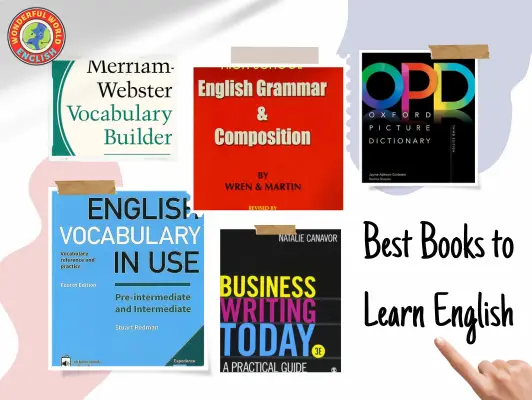Contents
Toggle
Meet David De’ Ath, founder, editor, and writer at Wonderful World English. With his extensive background as an English teacher, David provides valuable insights and practical tips on ESL for students and teachers alike.
Learning English can be a transformative experience, offering new opportunities for personal and professional growth.
A multitude of books are available to facilitate this journey, each designed to cater to various aspects of the English language, from basic vocabulary to complex grammar structures.
Picking the right book is crucial, as it can significantly impact the efficiency and enjoyment of the learning process.
Books to learn English come in many forms, including textbooks for systematic study, novels for immersive reading, and workbooks for hands-on practice.
These resources can help learners grasp the nuances of English, enhance their fluency, and provide a solid foundation for further academic or career-oriented pursuits.
A carefully chosen book can serve as a loyal companion in the journey toward mastery of the English language.
Key Takeaways
- English learning books cater to various levels and aspects of language acquisition.
- Choosing a suitable book can enhance the effectiveness of the learning process.
- These resources support foundational language skills and advanced English usage.
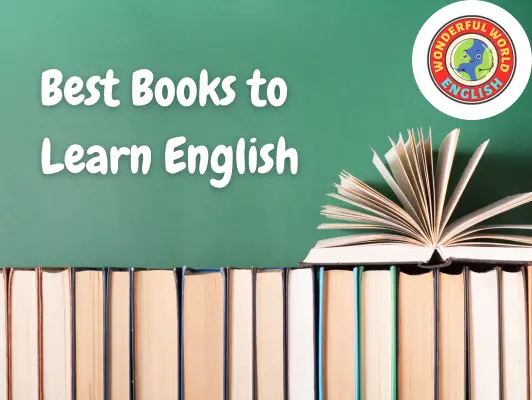
Essentials of English Learning
One sets out on an English learning journey with a blend of vocabulary and grammar, which form the core of language skills development.
For beginners, it’s crucial to start with basic vocabulary to navigate daily conversations.
As learners progress to intermediate and advanced stages, a deeper understanding of English grammar and complex vocabulary becomes imperative.
Essentials for Beginners:
- Basic Vocabulary: Start with commonly used words and phrases.
- Simple Grammar: Focus on present tense and basic sentence structuring.
Intermediate Learners’ Focus:
- Expanded Vocabulary: Incorporate words for particular situations or topics.
- Grammar Complexity: Explore past and future tenses, modal verbs, and adjectives.
Advanced Mastery Includes:
- Specialized Vocabulary: Integrate industry-specific terms or idiomatic expressions.
- Advanced Grammar: Delve into passive voice, subjunctive moods, and nuanced punctuation.
A comprehensive English learning approach demands consistent practice with all language skills—speaking, listening, reading, and writing.
Pairing instructional books with practical applications through conversation and writing exercises is beneficial.
For those commencing their journey, resources like English for Everyone employ visual methods to clarify instructions and examples.
At higher proficiency levels, works like Martin and Wren’s High School English Grammar and Composition provide an exhaustive guide to English grammar rules.
Tailoring the learning process to individual needs—whether one is at the beginning, intermediate, or advanced stages—ensures a strong foundation in English skills that are valuable for both personal growth and global connectivity.
Note: You can click any of the book images below to be taken to their respective Amazon page, check their ratings and reviews, and decide whether they are the perfect choice for you.
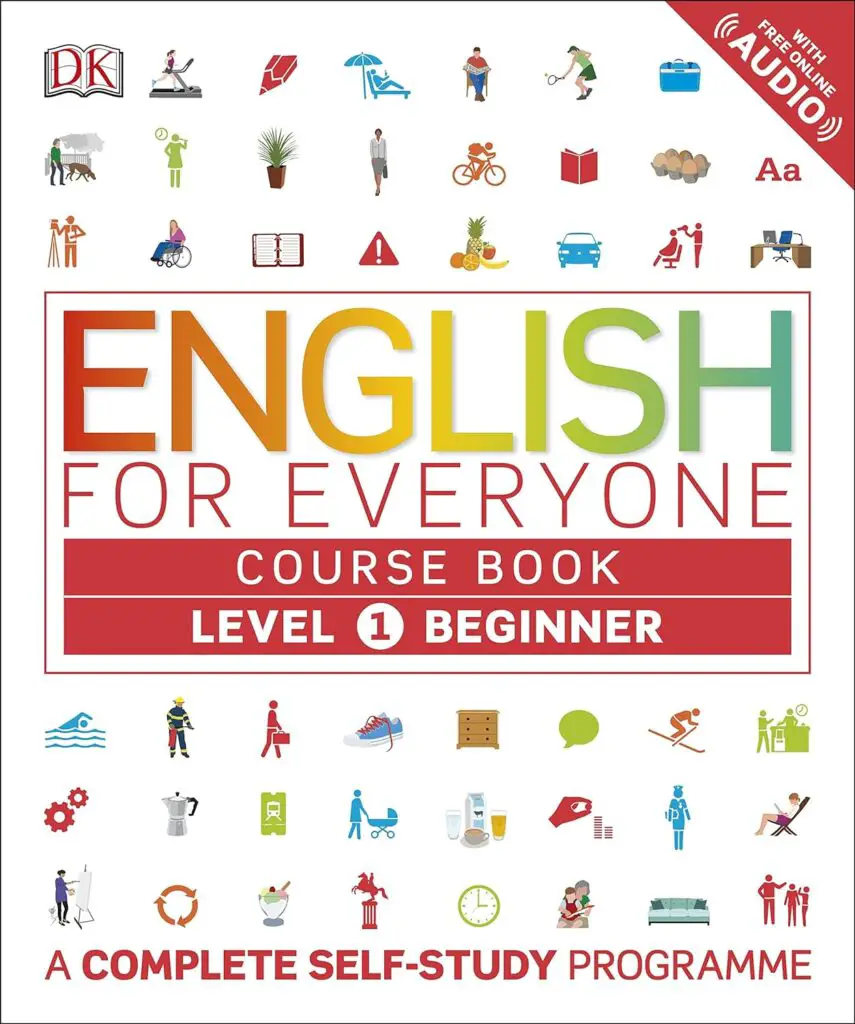
Building Vocabulary
Building a strong vocabulary is the cornerstone of mastering the English language.
Learners progress from basic words to complex terms, enhancing their ability to communicate with precision and confidence.
Basic Vocabulary for Beginners
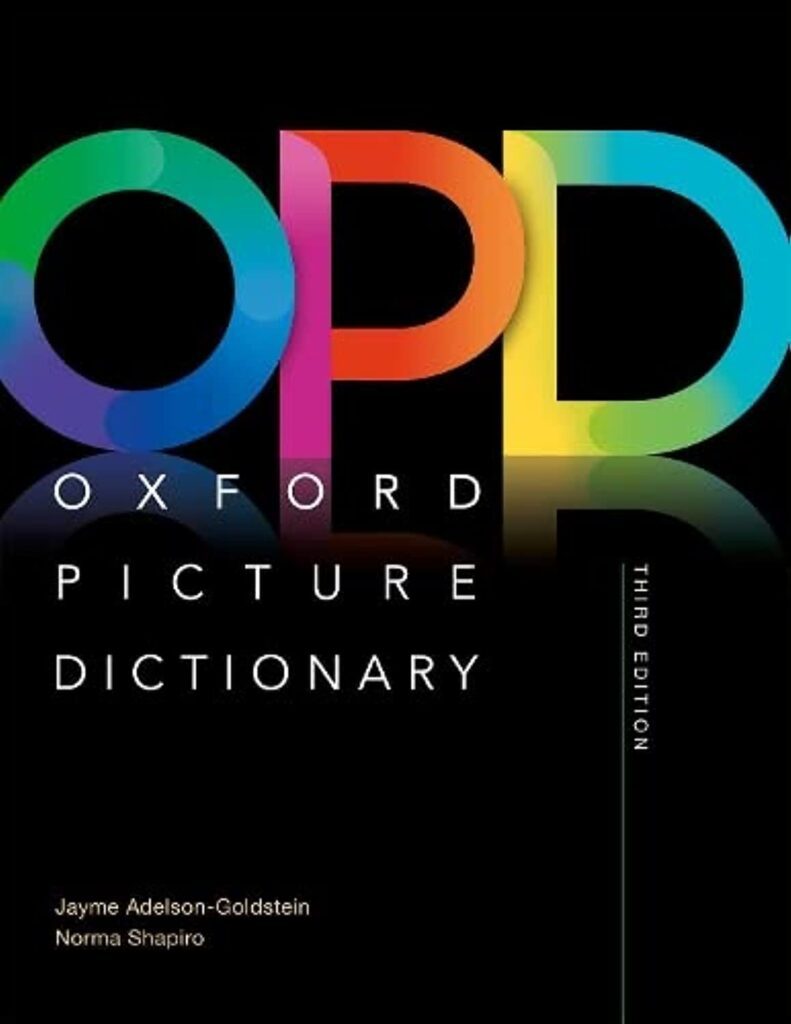
For newcomers to the English language, starting with the essentials is crucial.
Basic vocabulary forms the foundation for further learning.
An excellent resource is the Oxford Picture Dictionary, which pairs words with vivid imagery, making it easier for visual learners to remember and use new terms.
Intermediate Vocabulary Enhancement
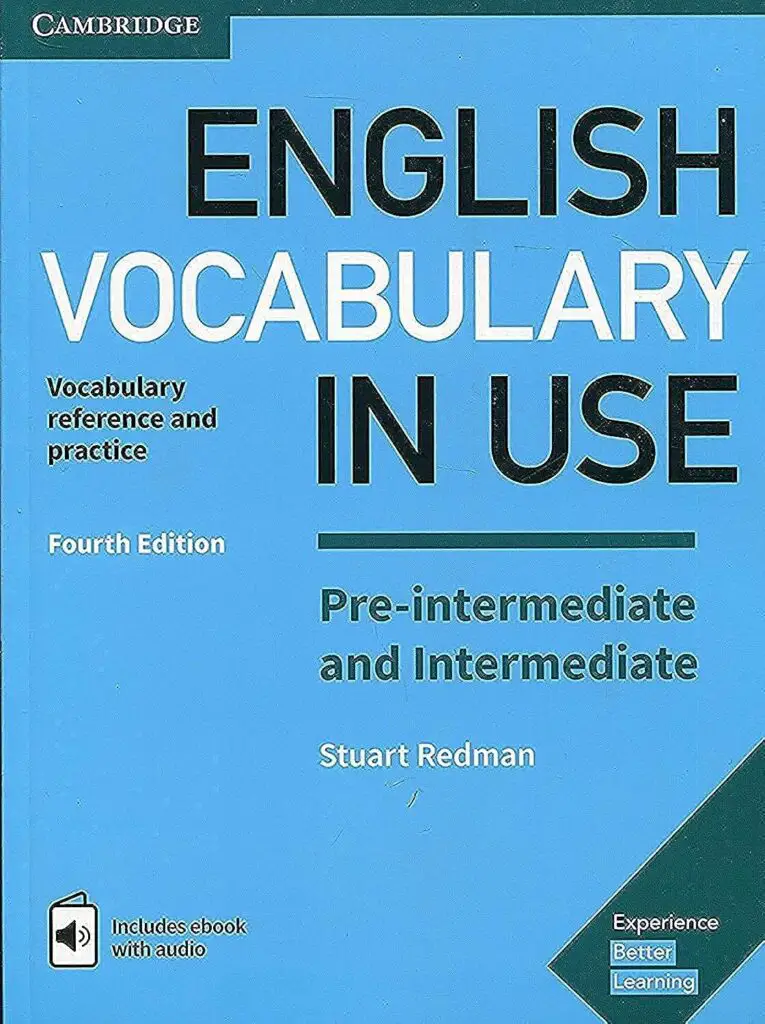
As language learners advance, they begin to encounter a broader range of vocabulary that includes idioms and English collocations in use.
This stage is about expanding the arsenal of words and understanding their context.
The book series English Vocabulary in Use offers tiered levels, from elementary to advanced, to help learners improve their vocabulary incrementally.
Related: Fun Vocabulary Activities: 10 Ways to Boost Word Skills
Advanced Vocabulary Mastery
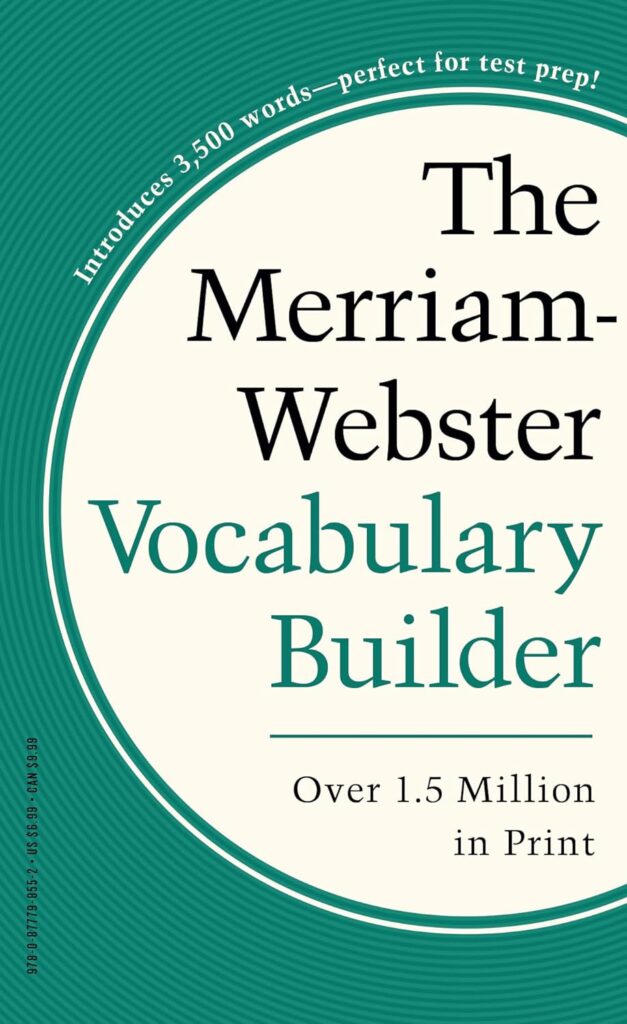
Advanced learners aim to polish their language skills to near-native proficiency, mastering collocations and complex terminology.
The Merriam-Webster Vocabulary Builder is a comprehensive guide that introduces advanced words and educates on their etymologies, helping learners grasp the nuances of the English language deeply.
If you’re looking for some great games and activities to help boost vocabulary, check out the guide below!
Related: Books About Vocabulary: Teacher’s Top Picks
Grammar and Usage
When exploring English grammar, learners progress from grasping basic grammar rules to understanding the nuances of English usage.
This section offers resource suggestions tailored to varying levels of proficiency, including works by recognized authors such as Raymond Murphy, ensuring a structured approach to mastering English grammar.
Fundamentals for Beginners
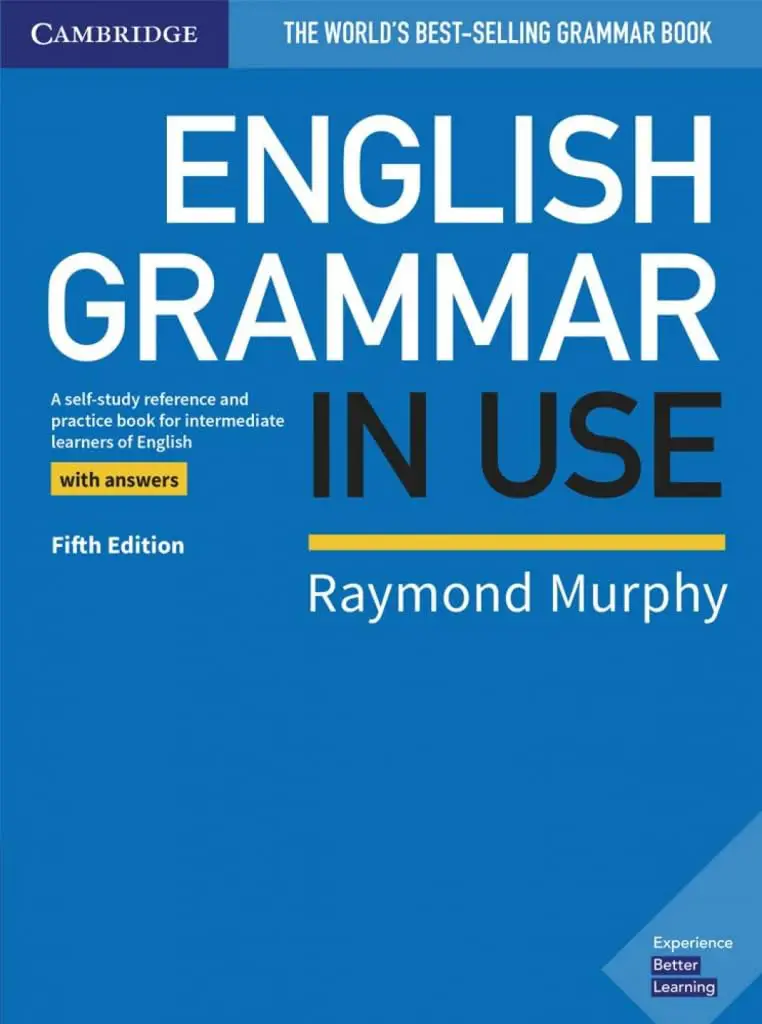
For beginners, solid foundations are critical.
Raymond Murphy’s English Grammar in Use serves as an excellent self-study reference and practice book.
It provides clear explanations and practice exercises that are fundamental for understanding basic grammar concepts.
Intermediate Grammar Skills
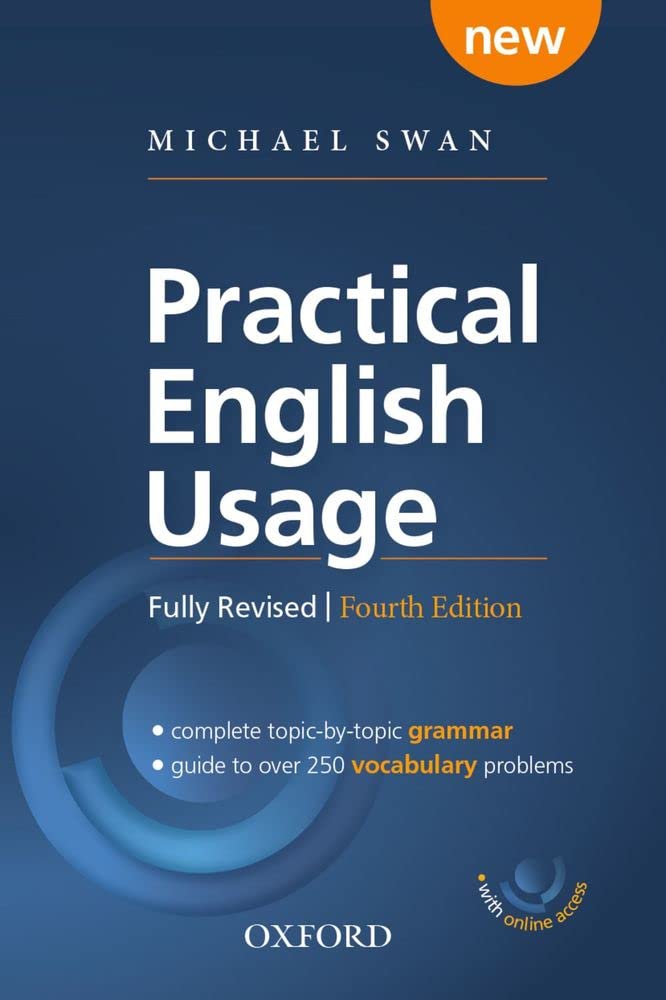
Advancing to intermediate grammar requires a more detailed understanding of grammar rules.
The resource Practical English Usage by Michael Swan addresses common student problems and offers detailed explanations that aid in assimilating more complex grammar structures.
Advanced Grammar Concepts
At an advanced level, learners dissect intricate grammar concepts and their practical application.
Books that cater to this stage focus on refining grammar knowledge and enabling users to apply grammar rules in various contexts skillfully.
There are also plenty of great apps available that can help learners of all levels to improve their English grammar.
For our top 10 list, check out the link below!
Related: Best Apps for Learning English Grammar – Top 10

Improving Reading Skills
Selecting the right books to learn English can significantly enhance one’s reading abilities.
From beginners to advanced learners, there are specific strategies and genres that can help develop language skills.
Reading for Beginners
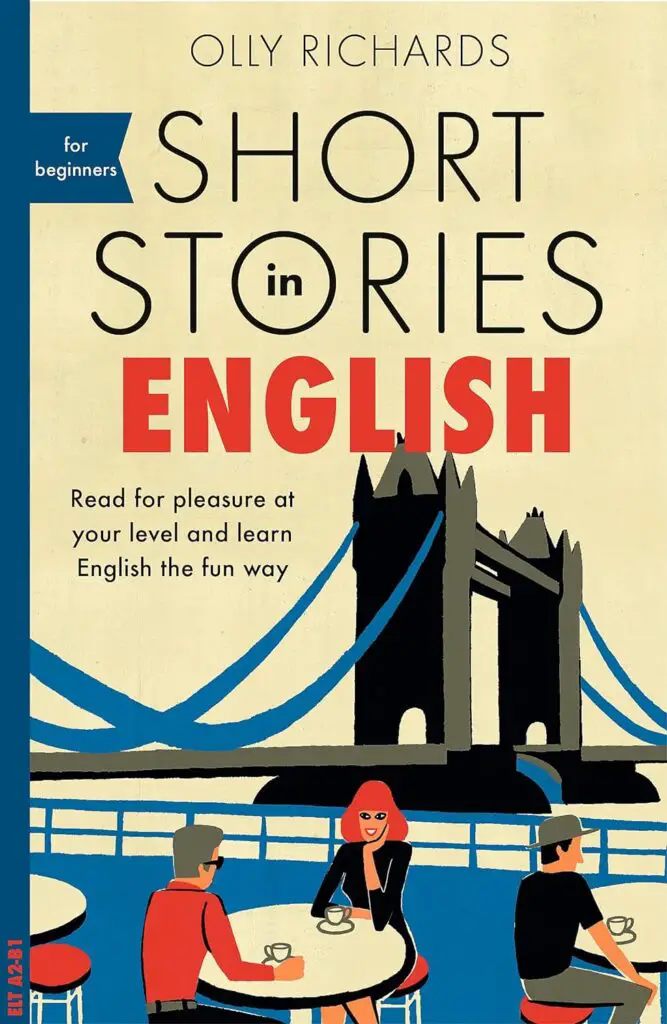
For those starting their journey in English, it’s crucial to choose material that aligns with their current comprehension level.
Short stories in English for beginners offer a gentle introduction, providing simple sentence structures and basic vocabulary.
Exploring Genres
Diving into different genres enriches vocabulary and exposes readers to multifaceted uses of English.
Novels come in a vast array of genres, including thriller, romance, mystery, and non-fiction.
Each genre presents unique language and stylistic elements.
Learners can start with compelling titles such as Northern Lights to experience a thrilling read while improving their language skills.
Analyzing Literature
Advanced learners can further their comprehension by analyzing literature.
This involves a deeper look into character development, narrative techniques, and thematic exploration.
Classic and modern literature can provide complex sentence structures and a diverse lexicon.
Open discussions and analysis of these texts can lead to a profound understanding of both language and literary merit.
For some tips and insights into how reading big words in English can be improved, the link below has you covered!
Related: Read Big Words in English: Teacher’s Tips

Enhancing Writing Skills
To excel in English writing, one must consider the diverse areas it encompasses.
Whether it’s mastering the fundamentals, crafting professional texts for business, or exploring imaginative narratives in creative writing, each domain requires specific skills for proficiency.
Writing Basics
Writing in English begins with an understanding of grammar, vocabulary, and sentence structure.
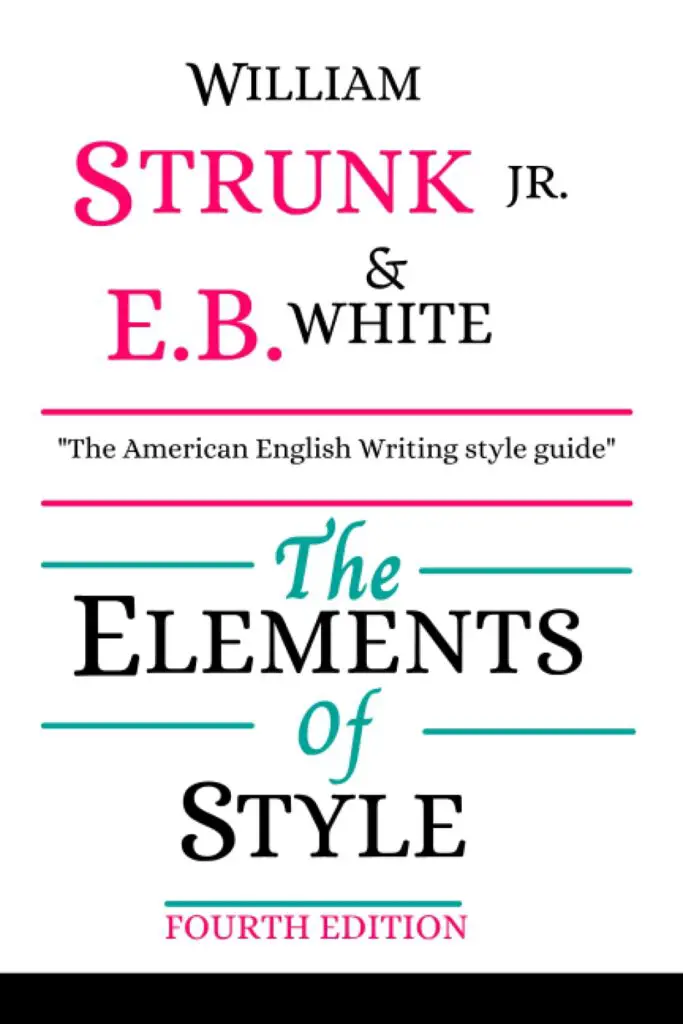
It is essential to build a strong foundation to confidently communicate ideas.
Books like The Elements of Style by Strunk and White aid in grasping these core principles, emphasizing clear and concise writing.
For learners seeking structured guidance, resources like Writing Better English for ESL Learners provide them with targeted practice.
Writing for Business and Work
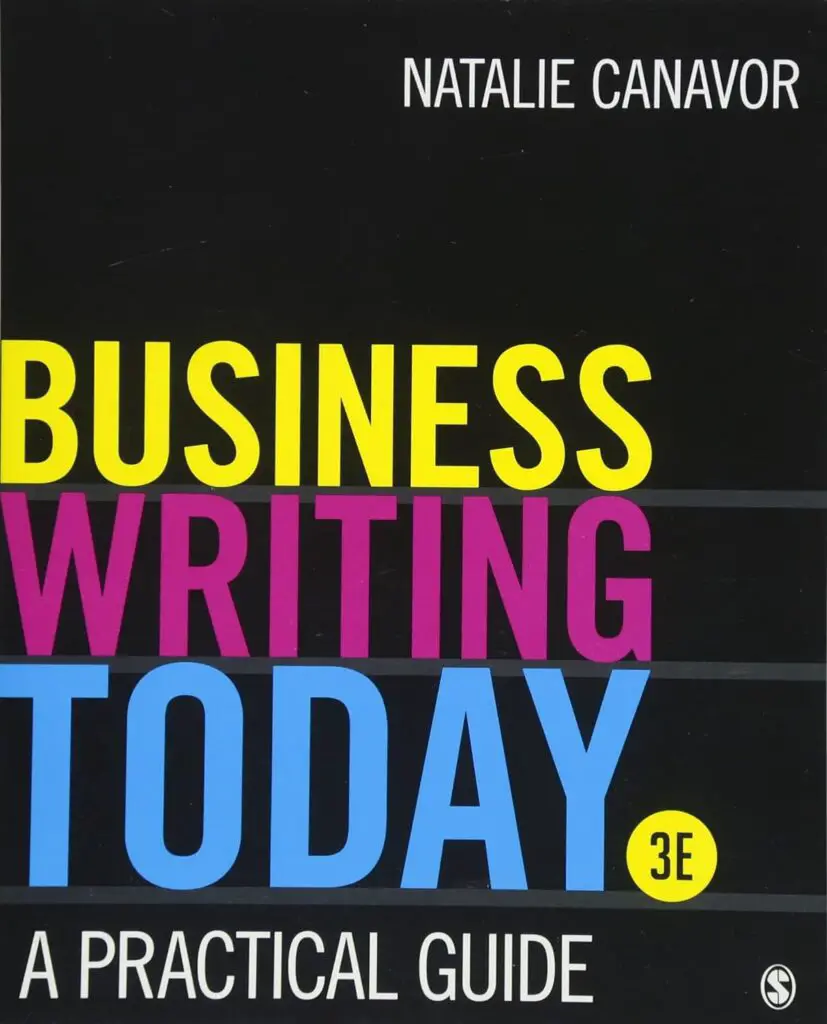
Proficiency in Business English is crucial for success in the modern workplace.
Effective communication in reports, emails, and presentations reflects professionalism.
Books tuned to this need, such as Business Writing Today by Natalie Canavor, offer practical advice for developing writing skills pertinent to professional contexts.
They dissect aspects of the business genre, from tone to format, essential for one looking to thrive in a work environment.
Creative Writing Techniques
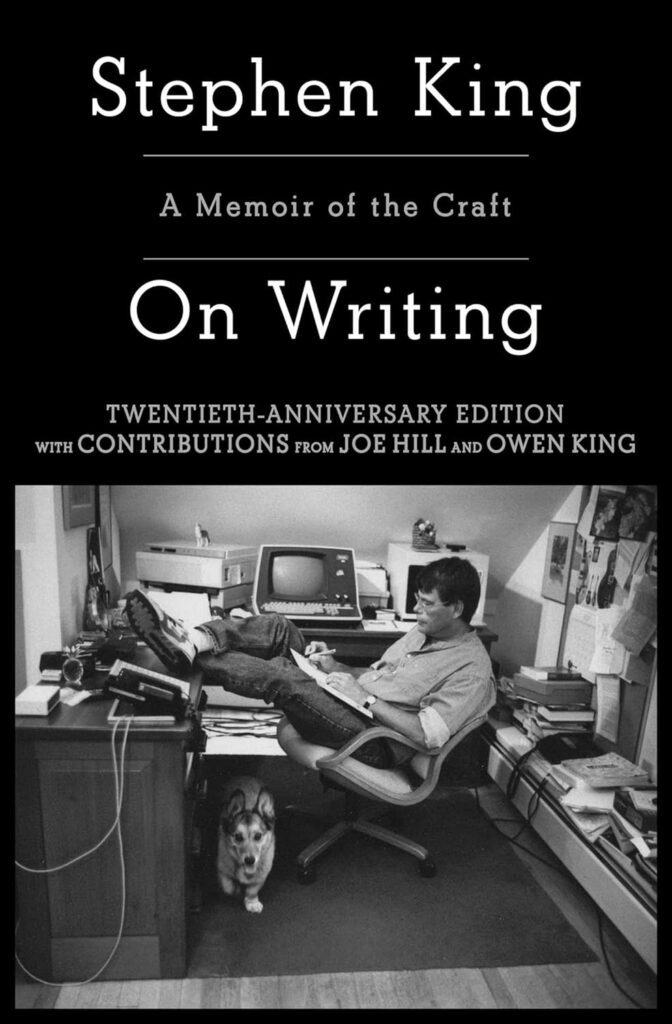
Creative writing harnesses the power of storytelling and requires one to explore and exercise one’s imagination.
Techniques to shape compelling characters and engaging plots are detailed in works like On Writing: A Memoir of the Craft by Stephen King.
For those drawn towards storytelling, books like these provide insights into the creative process and how to captivate readers with one’s writing.
For some of our top selected apps to improve your writing skills, click the link below!
Related: Best Apps to Improve English Writing Skills – Free Guide
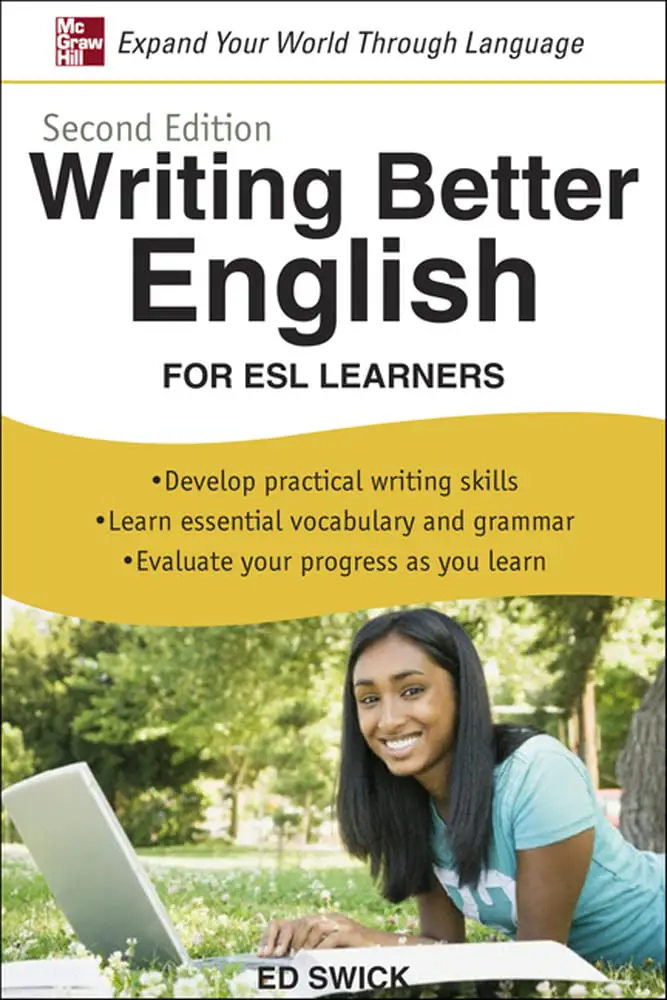
Developing Speaking and Listening
Mastering conversational English and improving listening comprehension is pivotal in attaining fluency in speaking English.
Acquiring strong pronunciation and articulation skills aids in clearer communication.
Conversational English
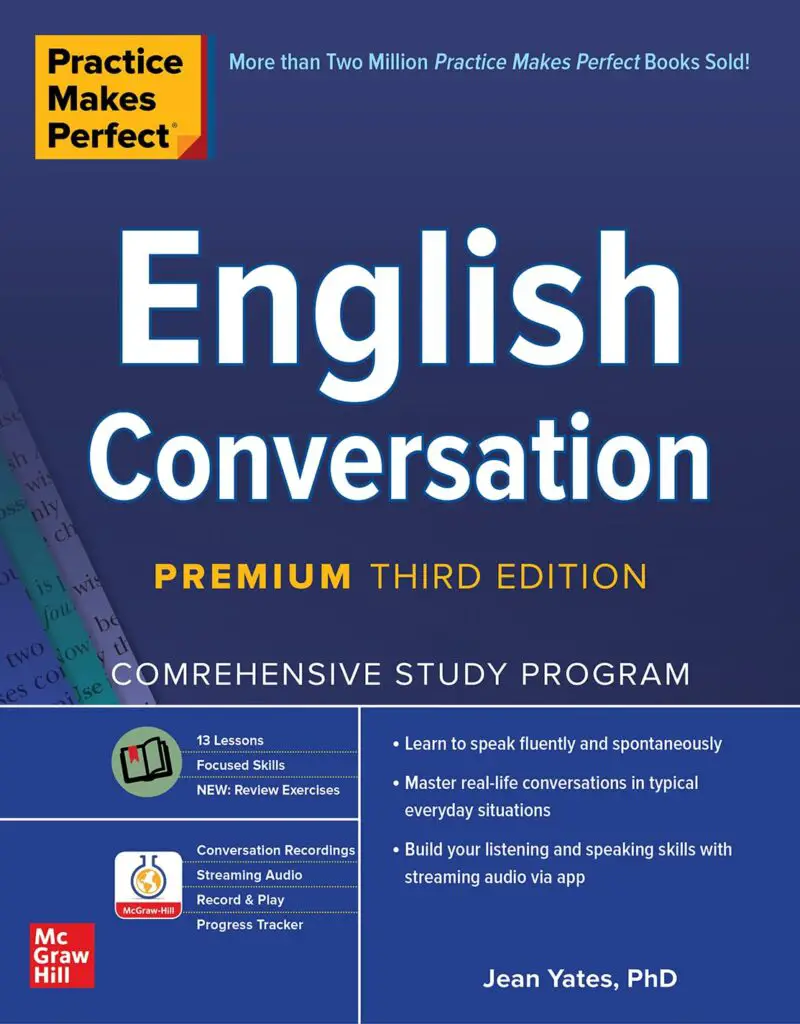
To develop English speaking skills, learners often turn to resources like Practice Makes Perfect: English Conversation.
This book, tailored for intermediate students, offers practical dialogue practices to enhance one’s ability to engage in American English conversations.
Listening Comprehension
Listening skills are sharpened through exposure to native English dialogue found in many ESL textbooks and audio resources.
Podcasts can also be very effective in boosting listening comprehension.
Check out the guide below for the BEST podcasts to learn English today!
Related: Best Podcasts to Learn the English Language in 2024 (Top 10)
Pronunciation and Articulation
A reliable pronunciation guide can significantly improve articulation in English.
Books like English for Everyone and Learning English as a Foreign Language for Dummies provide structured lessons on pronunciation and articulation, focusing on American English standards to refine one’s conversation skills.
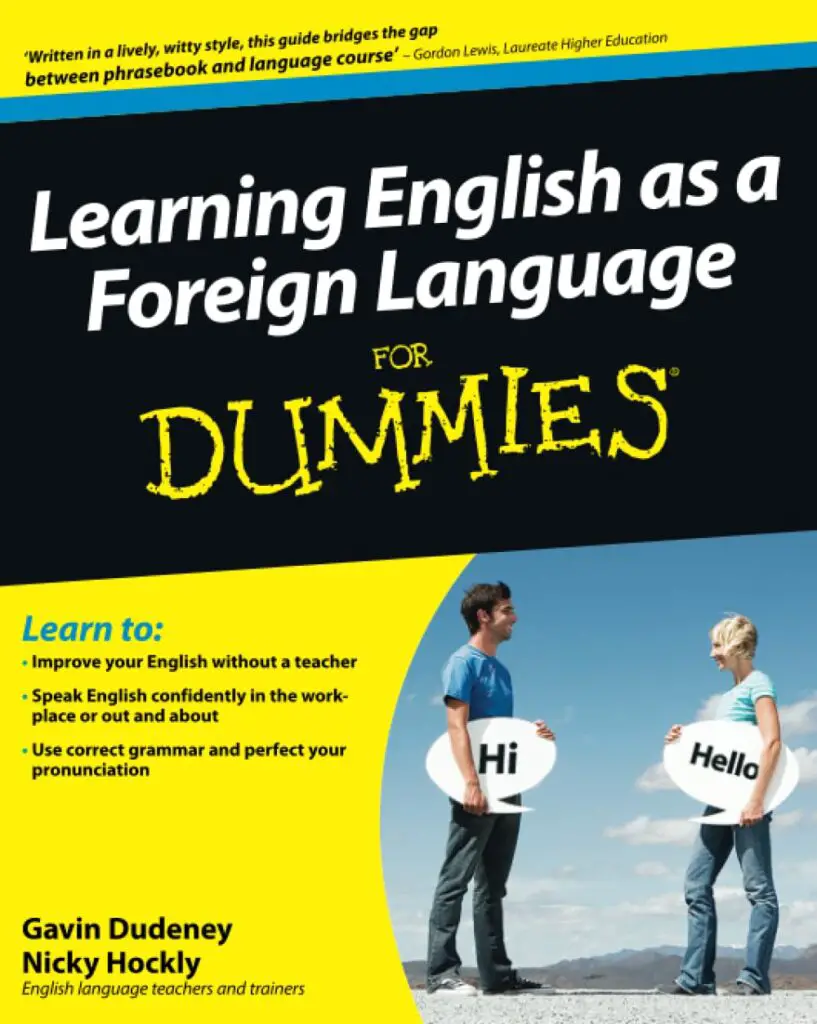
English for Specific Contexts
Mastering English requires focusing on the language’s application in particular situations, which necessitates specialized vocabulary and expression.
Business Vocabulary and Communication
Professionals seeking to enhance their corporate discourse will find that investing in resources tailored to Business English is crucial.
These materials often include terminology applicable to negotiations, presentations, and corporate correspondence, fostering an environment where one can converse fluently in a business context.
Travel and Culture Immersion
A pivotal aspect of learning English for travel is the ability to navigate diverse cultural interactions.
Books focusing on this niche cover essential phrases for directions, dining, and etiquette, facilitating a smoother travel experience and a deeper understanding of the English-speaking world’s cultural nuances.
Scientific and Technical English
Proficiency in pertinent English is essential for those immersed in the sciences or technical fields.
This includes learning discipline-specific terminology and language structure, effectively communicating complex concepts, and collaborating with international peers.
The best books for learning English for this purpose are designed to bridge language gaps in academic and research settings.

English Learning Resources
Selecting the right materials is essential for an effective English learning experience.
With a myriad of options available, learners can opt for traditional books, online platforms, and community interactions tailored to their specific needs.
Recommended Books and Course Materials
For beginners, the learning journey often starts with comprehensive course books.
The English Grammar Workbook for Adults is a valuable resource that focuses on enhancing grammar skills through progressive lessons.
Likewise, Practice Makes Perfect by Julie Lachance offers a series of workbooks with clear explanations and practical exercises.
Intermediate learners can benefit from targeted materials that delve deeper into complex linguistic nuances.
Michael McCarthy’s English Vocabulary in Use series provides an in-depth exploration of vocabulary and is widely recommended by educators.
Another standout resource is English for Everyone, which employs visual teaching methods to clarify concepts and make self-study engaging.
For those looking to broaden their practical use of English, the Oxford Picture Dictionary offers a visual reference for vocabulary building that is suitable for learners at various levels.
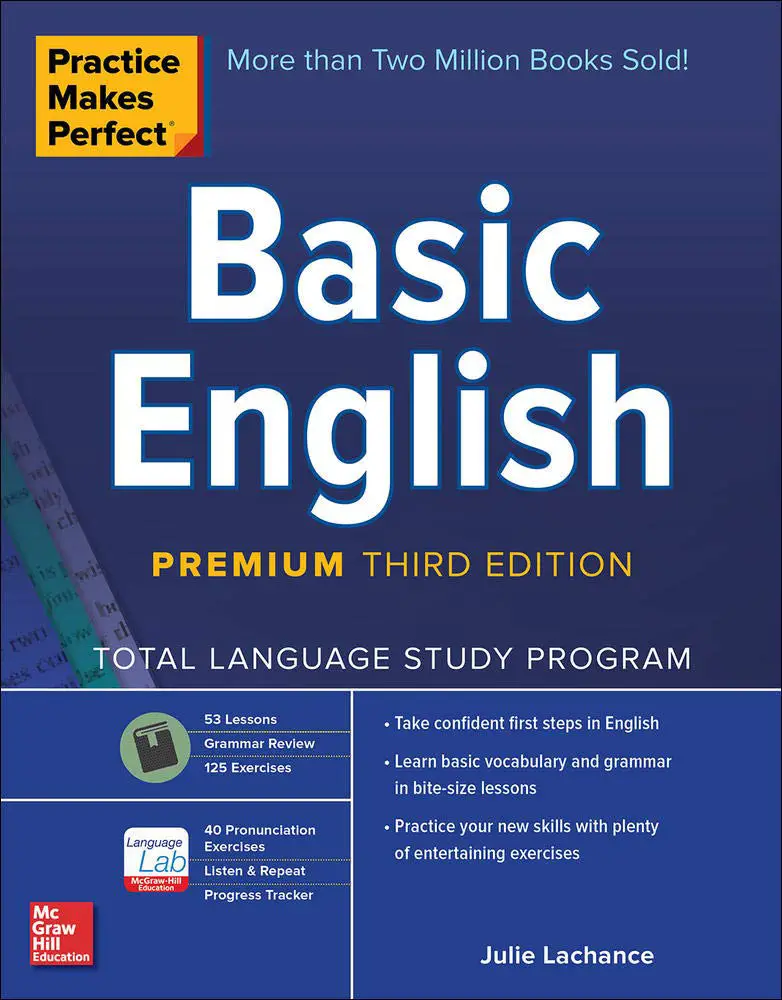
Online Learning Platforms and Tools
In today’s digital age, online platforms complement traditional textbooks and extend learning beyond the classroom.
Websites such as BBC Learning English present a wealth of resources, including videos, quizzes, and interactive lessons.
Moreover, language learning apps like Duolingo or Babbel provide flexible and personalized options for English practice, integrating well with busy lifestyles and varying proficiency levels.
Community and Language Exchange
Books and digital tools are greatly enhanced by actual conversation practice.
Joining language exchange communities can significantly improve fluency and comprehension.
Websites like italki facilitate such exchanges, allowing learners to connect with native speakers and participate in language-specific activities.
Local meetups and English conversation clubs also offer opportunities to practice English in a supportive environment, encourage cultural exchange, and build confidence in using the language in real-world scenarios.
Interactive and Multimedia Learning
Incorporating various types of media can greatly enhance the experience of learning English.
This includes the use of visual aids, audio resources, and interactive exercises, all catering to different learning styles and preferences.
Visual Learning Aids
For visual learners, having materials that use colorful images, diagrams, and charts is crucial.
English for Everyone employs a variety of visual teaching methods to present material in an engaging way.
It helps learners understand complex concepts through clear, color-coded explanations and plentiful visuals.
Audio and Video Resources
Audio and video resources provide an immersive learning experience that is crucial for practicing listening skills and pronunciation.
Audiobooks, such as the 100 Phrasal Verbs to Learn for Life, offer listeners the chance to hear English in context, enhancing their understanding of idiomatic expressions.
Additionally, resources like Learn English Through Stories combine both audio and visual elements to provide context-rich learning.
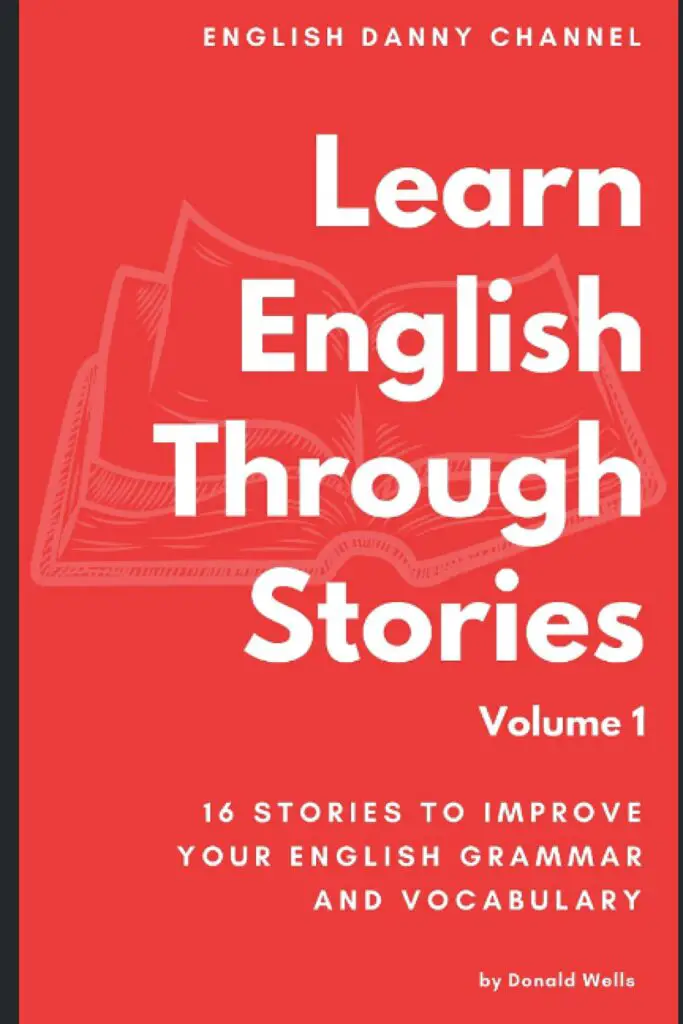
Games and Interactive Exercises
Interactive exercises are an excellent way for learners to reinforce their knowledge through practice.
Games and exercises allow learners to apply what they’ve studied in a dynamic and often fun way, solidifying their grasp of the material.
This can include anything from online quizzes to language learning apps that make mastering English more engaging.
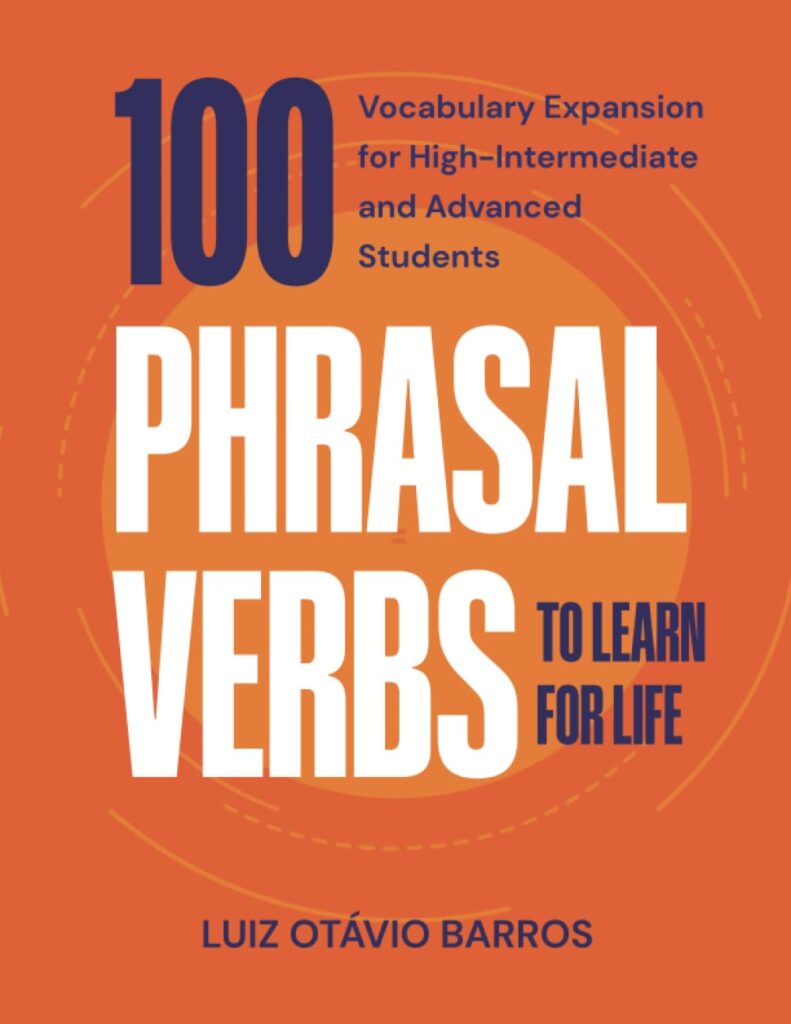
Specialized English Areas
In pursuit of fluency, learners often must navigate the complex terrains of specialized English.
These include idiomatic expressions essential for everyday conversation, technical jargon for professional settings, and the creative language used in arts and entertainment.
Understanding English Idioms and Phrasal Verbs
Idioms and phrasal verbs constitute a significant part of conversational English, carrying meanings that can’t always be deduced from their individual words.
For example, the phrase “break the ice” refers to reducing tension when meeting someone new, not literally breaking ice.
It’s crucial to familiarize oneself with these expressions to comprehend and engage in natural English dialogue.
Recommended Resource:
- English Collocations in Use: A book designed to improve fluency by teaching word combinations frequently used together by native speakers.
For daily English lessons, follow us on Instagram!
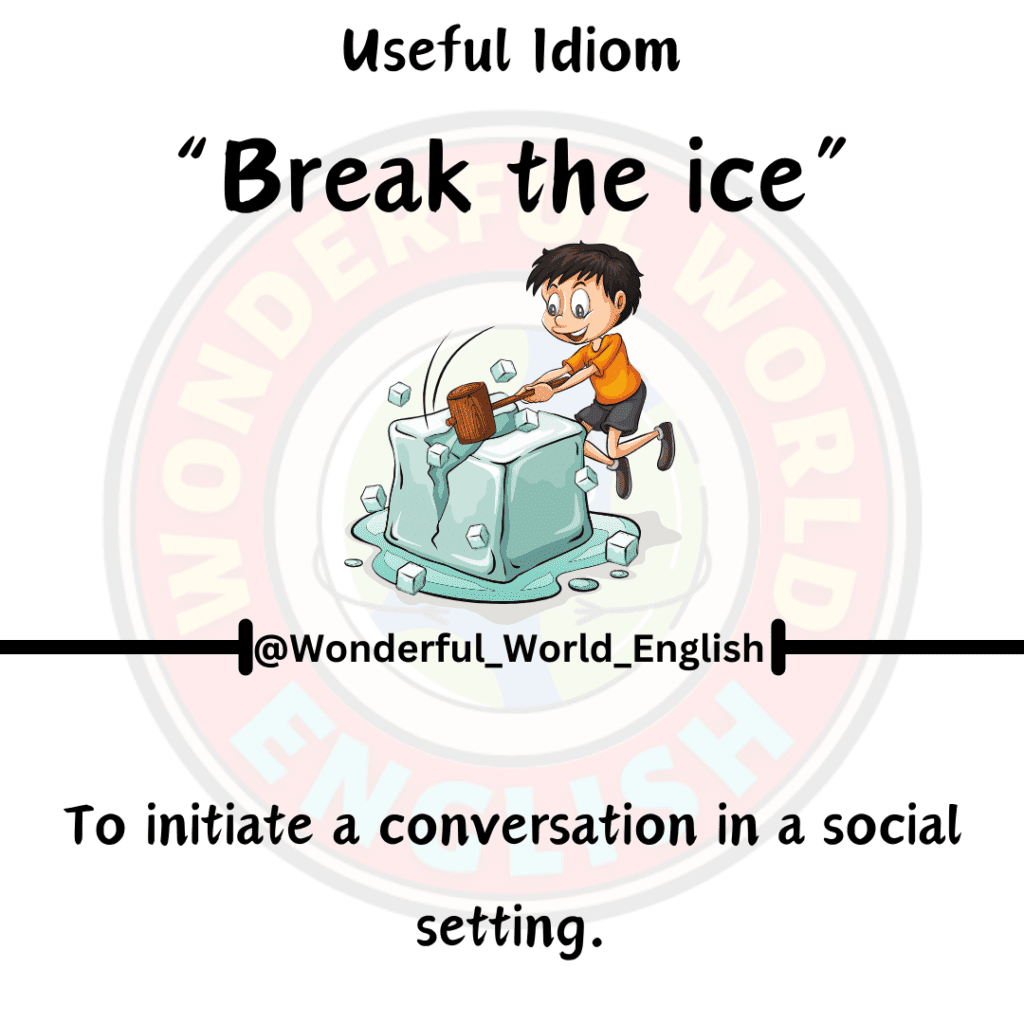
Mastering English for Technical Professions
Professionals in technical fields must become adept in specific vocabulary pertinent to their industry.
This includes standard terms and extends to the verbs and phrases commonly combined with these terms to describe processes and operations.
Resource for Further Reading:
- Books and manuals are tailor-made for one’s specific field, such as IT or medicine, to ensure accuracy and comprehensiveness in technical communication.
Exploring English in Arts and Entertainment
English in arts and entertainment is dynamic, encompassing a broad spectrum of terms from visual art, music, and film.
Each domain has its lexicon; for visual art, descriptors of technique and style; in music, terms for genre and sound; and in film, words for roles and narrative elements.
To Deepen Knowledge:
- Prescribed readers for art history or film studies courses, which can provide context-rich environments for learning English related to these vibrant fields.
Related: Best Movies to Learn English (Top 20) – Teacher’s Guide

Conclusion
Learning English through books offers a transformative path for both personal and professional development, with materials tailored to every learning stage—from beginners to advanced learners.
These resources, ranging from textbooks and novels to workbooks, aim to build foundational skills in vocabulary and grammar and then advance to complex language structures and specialized vocabulary for professional and creative writing.
Choosing the right book is pivotal, enhancing the learning experience by providing targeted practice in reading, writing, speaking, and listening.
For beginners, starting with basic vocabulary and simple grammar is essential, gradually moving to expanded vocabulary and grammar complexity as one progresses.
Advanced learners focus on specialized vocabulary and advanced grammar, aiming for near-native proficiency.
English learning books support foundational language skills, offer advanced English usage insights, and cater to specific needs, ensuring a strong foundation valuable for global communication.
Interactive tools and community engagement, such as language exchange platforms and English-speaking networks, complement book learning, enriching the learning experience.
Online platforms and multimedia resources like audio and video further support language acquisition, offering flexible and personalized learning options.
Ultimately, selecting the right materials, engaging with the language in real-world contexts, and setting clear learning goals are key to mastering English, enabling learners to navigate the complexities of the language and achieve fluency.
We hope you find value in this information.
Have a wonderful day!
Image Attribution: All images licensed via canva.com

